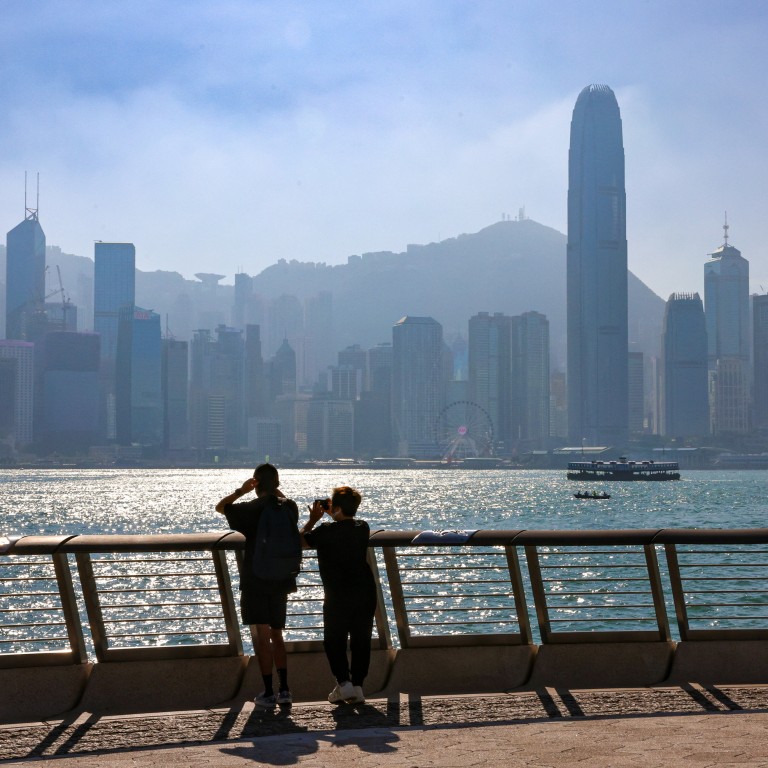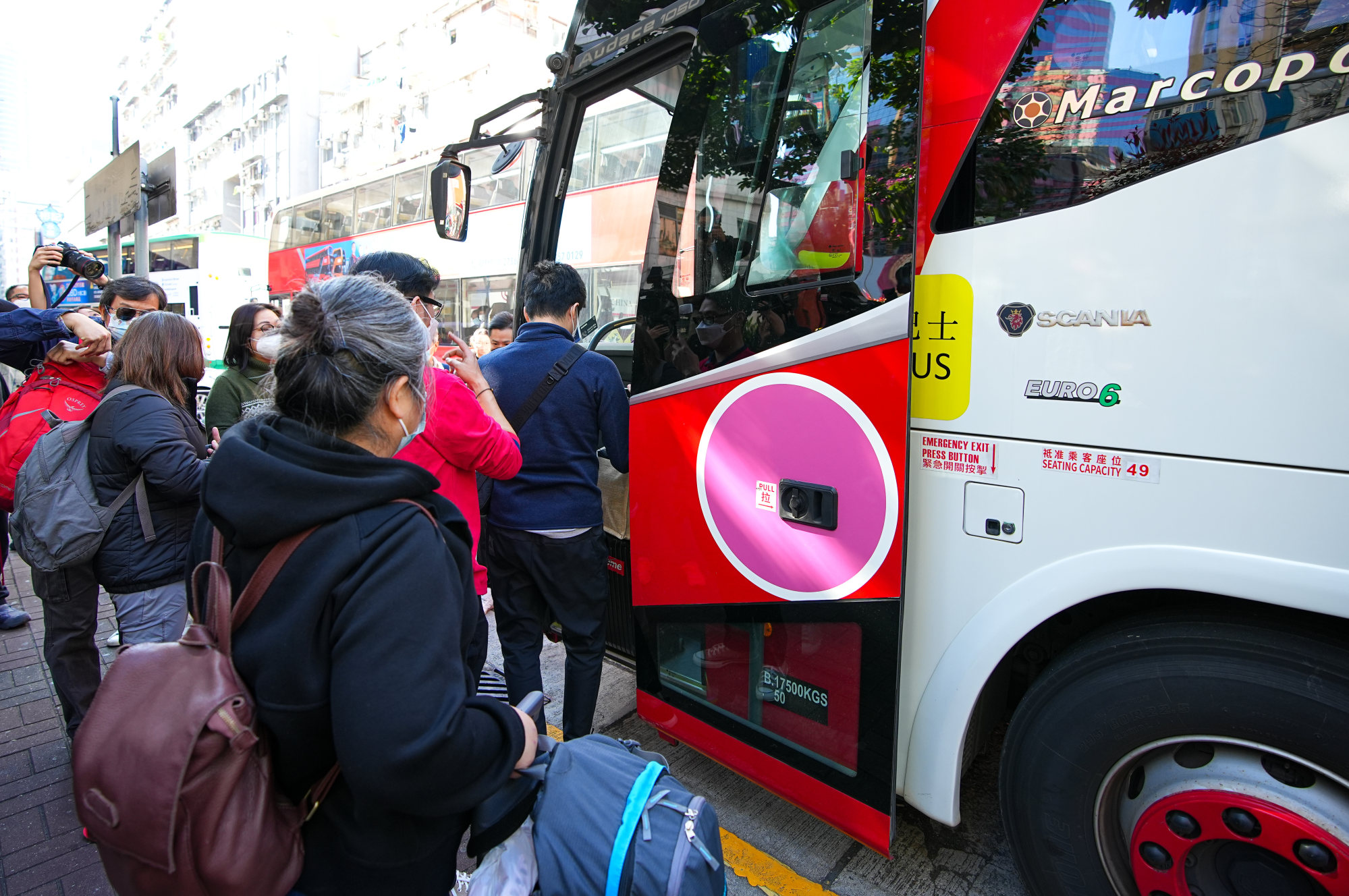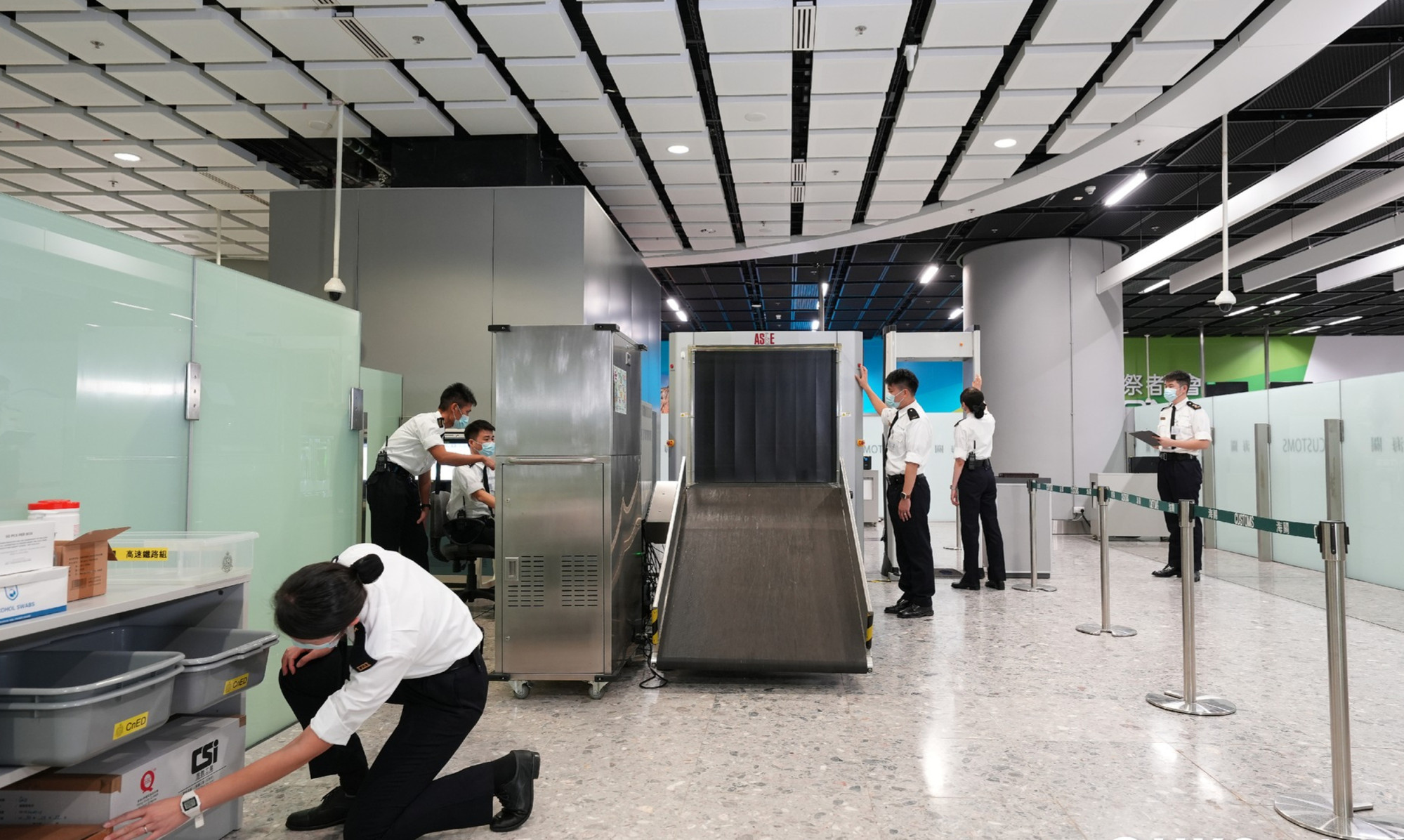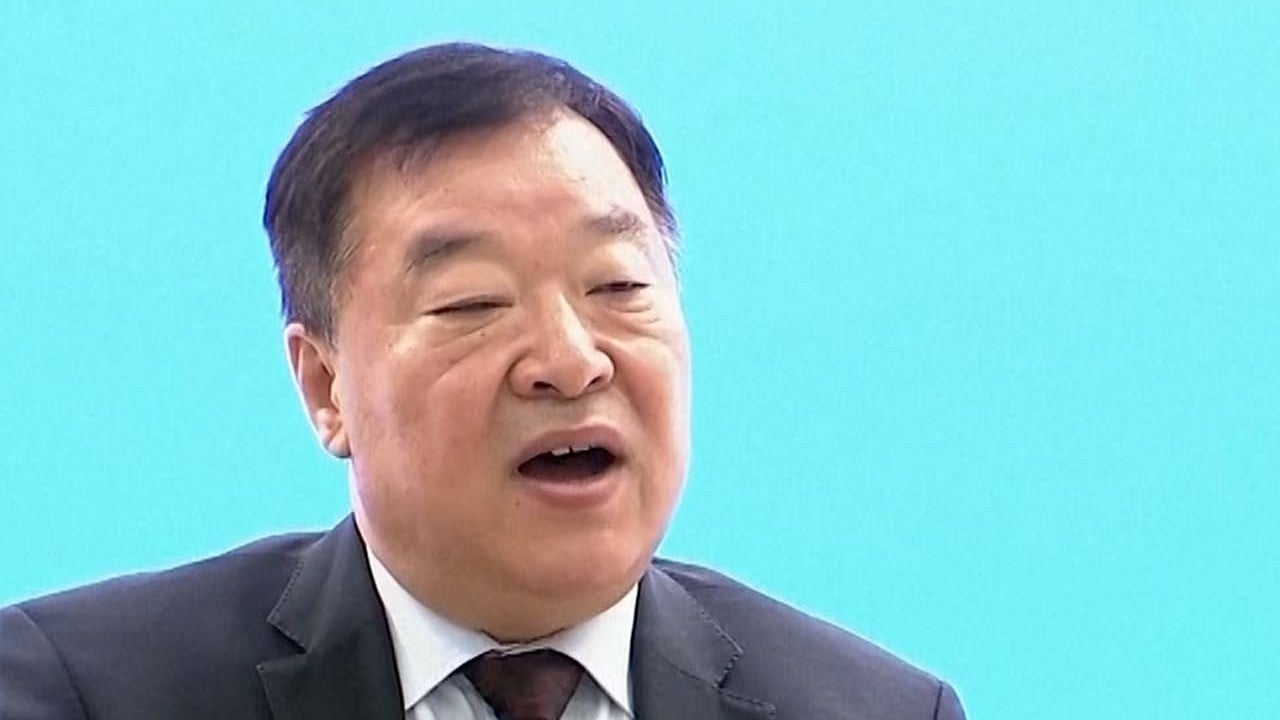
Hong Kong firms gear up for business boom with expected return of mainland Chinese visitors, but fears over manpower crunch loom large
- Cash-strapped cross-border coach operators are also seeking government funding to repair buses that have been idle for three years
- Local travel agency owner says mainland firms have already been making inquiries on how equipped the city is to handle tour groups
Travel firms and transport operators are gearing up for a business boom as mainland Chinese visitors are expected to return to Hong Kong in less than two weeks, although some have expressed concern over a manpower crunch in various sectors.
Cash-strapped cross-border coach operators are also seeking government funding to repair idle buses with an industry representative warning it will take at least two months for the full fleet to return to service after being shut down for nearly three years.
The Chinese National Immigration Administration on Tuesday announced that travel endorsements would be issued again from January 8 for mainland visitors to head to the city for sightseeing and business purposes in a gradual manner.
Local travel agency owner Teddy Chung Wai-tong said he had already been in touch with tour organisers from the mainland after authorities there on Monday announced an end to coronavirus-related travel restrictions at the borders.
“Since the news, many mainland travel agencies are making inquiries, asking what the circumstances are like in Hong Kong and how we are equipped to receive mainland tour groups,” he said.
Mainland authorities to start issuing visas for Hong Kong entry from January 8
Chung was confident a team of tour guides could be assembled for a business reboot after Lunar New Year, but he feared coach drivers would hesitate to return if tourist numbers were unstable at the beginning.
The driver shortage was more acute for intercity buses that ran between Hong Kong and the Greater Bay Area, said Alan Chan Chung-yee, secretary general of the China Hong Kong and Macau Boundary Crossing Bus Association.

As the mainland regulator had imposed an age cap of 60 for coach drivers, he estimated that around one-third of about 2,000 such workers had become too old during the almost three years of border closures. The rest might also be wary of working for the cash-strapped operators, he added.
Coach operators were also facing an equipment shortage, Chan said, as most were unable to afford the repairs required to make their vehicles roadworthy again. While about 100 coaches were ready for immediate use, it would take at least two months to clear about 1,000 others due to capacity constraints of repair workshops.
Cross-border bus operators had demanded HK$200 million in repair subsidies at a meeting with government officials on December 19. They also urged Hong Kong authorities to negotiate a higher age cap for drivers.
Searches for Hong Kong flights to mainland China surge after Covid rollback
The Transport and Logistics Bureau responded that it had taken note of the “views of the trade” and would continue to formulate support measures.
Preparations were being ramped up on other fronts. Hong Kong customs on Monday and Tuesday posted photos on social media of officers getting ready for the reopening of land checkpoints at the West Kowloon high-speed rail terminus and Lo Wu.

The MTR Corporation, which operates the high-speed rail, did not offer any updates on Tuesday. Its ticketing portal for high-speed rail remained closed. But sources earlier told the Post that preparations for reopening the border were in full swing.
In the restaurant and retail industry, manpower has also been a persistent issue, with some trade representatives suggesting the government consider intervening by developing more talent or importing labour.
Peter Shiu Ka-fai, lawmaker for the wholesale and retail sector, said manpower shortages were a constant issue in the industry, which was also leading to a surge in wages as companies tried to attract talent. He noted it might be too early to predict how much business the change in policy would bring as it had not yet been finalised.
Hong Kong restaurants enjoy some Christmas cheer as business rises 20 per cent
Restaurateurs also applauded the move. “This is a big red packet for us. For the catering industry, the border relaxation will bring much needed stimulus,” said Ray Chui Man-wai, president of catering body the Institute of Dining Art.
He said he expected the food and beverage industry would see business increase by about 30 per cent as mainland tourists returned to the city and economic conditions improved.
Simon Wong Ka-wo, president of the Hong Kong Federation of Restaurants and Related Trades, also welcomed the possible return of travellers. He added the policy would not only help stimulate the catering sector, but also lift other industries as well.
Both Chiu and Wong noted that the industry faced a severe manpower shortage, which could be solved in the long-term by measures such as importing foreign labour.
Meanwhile, online travel agency Trip.com Group logged sharp increases in search traffic for flights from Hong Kong to major mainland cities on Monday night after authorities announced the easing of travel curbs.

Andrew Yuen Chi-lok of Chinese University’s Aviation Policy and Research Centre noted that around one-third of flights at Hong Kong airport flew to and from the mainland prior to the pandemic.
With a strong rebound in travel demand from the mainland expected, Yuen said: “Airlines in Hong Kong should increase capacity to meet the demand. In the process, some bottlenecks, including manpower, will need to be resolved.”
Cathay Pacific had said it expected to recruit more than 4,000 frontline employees, including 700 pilots and 2,000 cabin crew, to meet travel demand over the next 18 to 24 months as time would be needed to retrain workers and reactivate aircraft.
The carrier had said it was on track to reach a third of its pre-pandemic passenger flight capacity by the end of this year.




